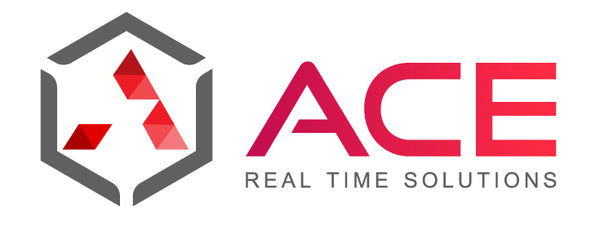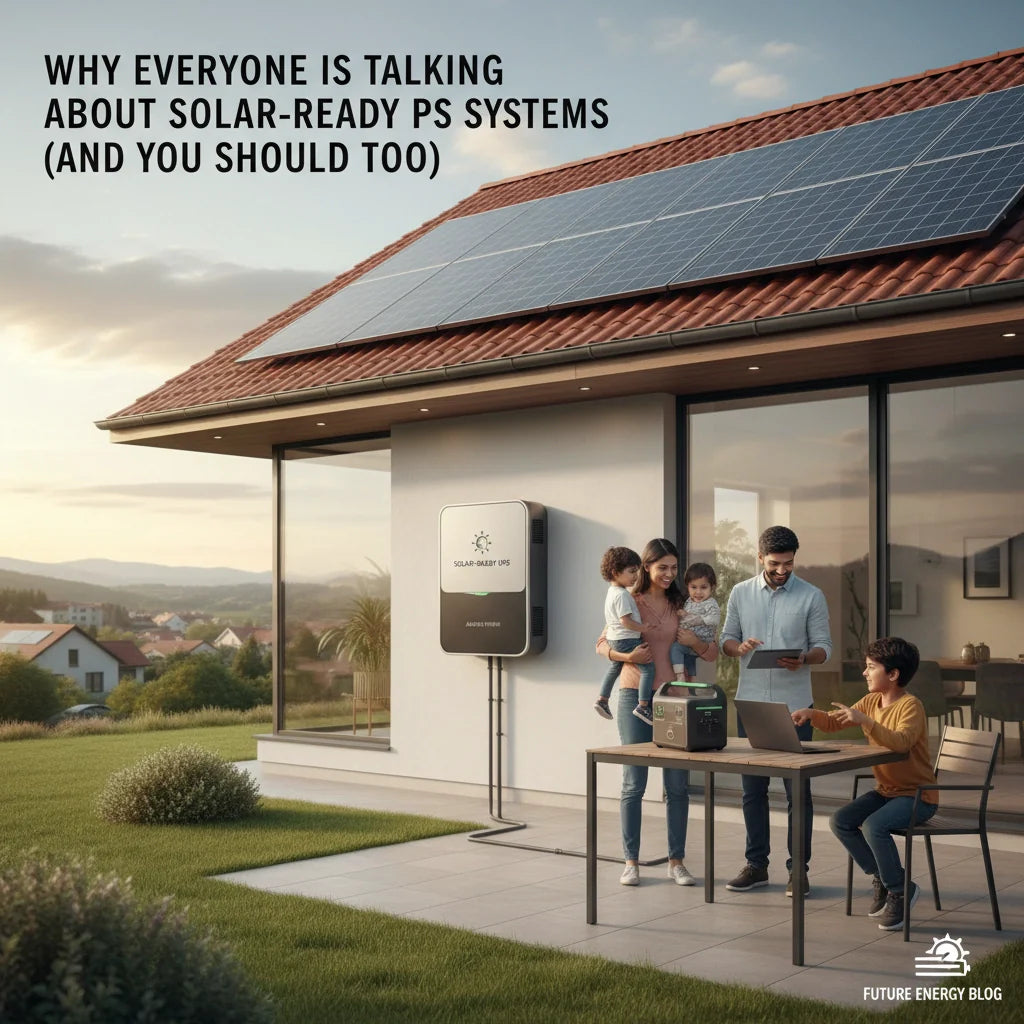
Why Everyone Is Talking About Solar-Ready UPS Systems (And You Should Too)
Share
Solar-ready UPS systems are suddenly everywhere in the power protection world. If you're wondering what all the buzz is about, you're not alone. These hybrid powerhouses are changing how we think about backup power, and frankly, they're pretty impressive.
Let's cut through the hype and look at what's really driving this trend.
What Makes Solar-Ready UPS Systems Different?
Traditional UPS systems are great at what they do: keeping your equipment running when the power goes out. But they have one major limitation: they depend entirely on grid power to keep their batteries charged.
Solar-ready UPS systems flip this model on its head. They integrate solar panels with battery storage, creating a backup power solution that can actually reduce your energy costs while protecting your equipment.
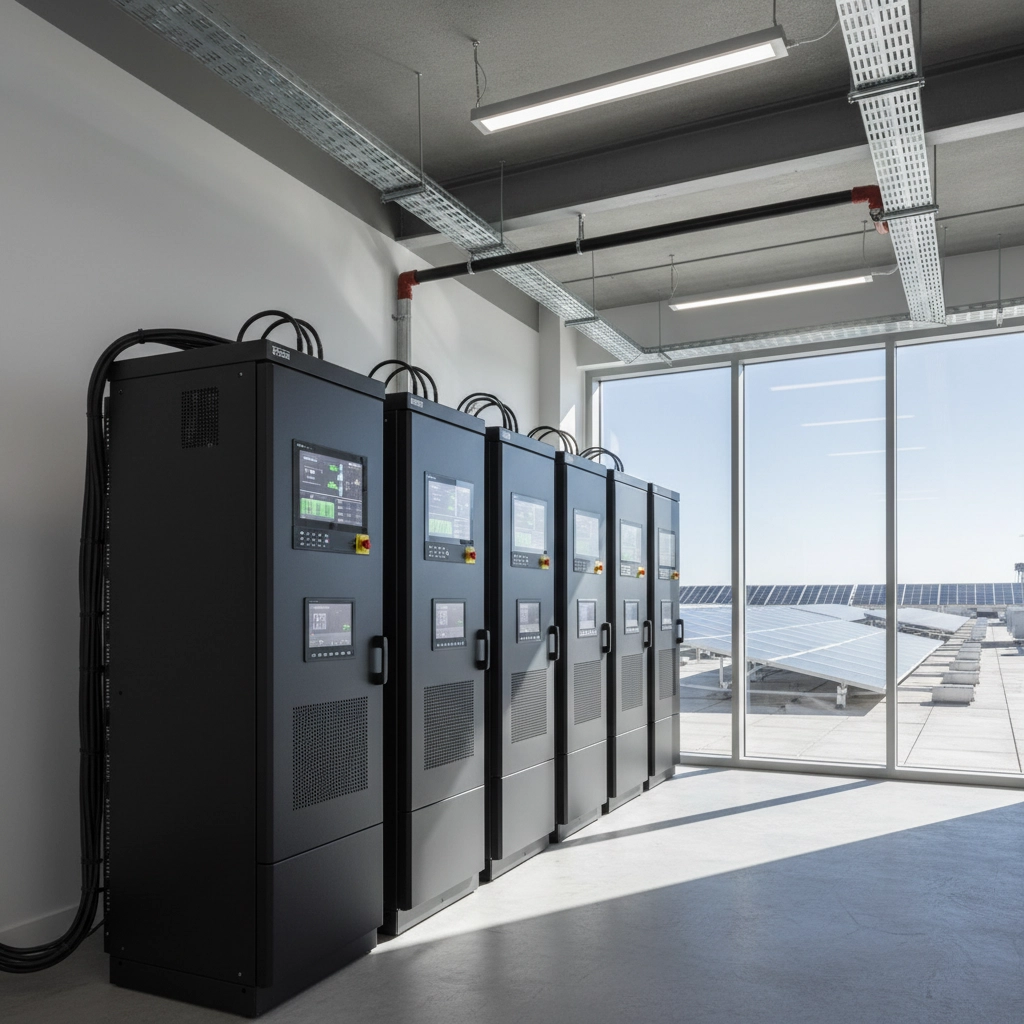
The technology isn't just clever: it's fast. These systems can switch from grid power to battery backup in just 10 milliseconds. That's quick enough to keep even your most sensitive equipment running without missing a beat.
The Money Factor: Why Your Wallet Will Thank You
Here's where things get interesting from a business perspective. Traditional UPS systems are expensive to operate because they're constantly drawing power from the grid to maintain battery charge. It's like having a car that idles 24/7.
Solar-ready systems change this equation completely:
- Reduced charging costs: Free solar energy keeps batteries topped off
- Peak hour savings: Use stored solar power during expensive peak rate periods
- Dual-purpose operation: The system provides additional power for daily operations, not just emergencies
- Lower long-term maintenance: Less grid dependency means reduced wear on charging systems
Companies like APC by Schneider Electric have been pushing these hybrid solutions because the ROI calculations are compelling. You're not just buying backup power: you're investing in a system that pays for itself over time.
Energy Independence Isn't Just a Buzzword
Remember the Texas winter storms of 2021? Or Hurricane Ian in Florida? These events highlighted how vulnerable we are when the grid goes down. Solar-ready UPS systems offer a real path toward energy independence.
By storing solar energy during the day, you can draw on that power at night or during extended outages. This isn't just theoretical: it's practical energy security that keeps your business running when others can't.

For businesses in remote areas or regions with unreliable grid infrastructure, this technology is especially game-changing. You're not at the mercy of utility company response times or infrastructure limitations.
The Reliability Factor
Let's talk about what really matters during an outage: keeping critical systems running. Solar-ready UPS systems excel here because they provide multiple layers of protection.
Continuous power supply: Your essential equipment keeps running without interruption Extended runtime: Solar charging can extend backup duration significantly Reduced generator dependency: Less noise, fumes, and fuel costs during extended outages Grid stability support: These systems can actually help stabilize the local grid during peak demand
The reliability benefits extend beyond just outage protection. These systems help mitigate voltage fluctuations and power quality issues that can damage sensitive equipment.
Environmental Benefits That Actually Matter
Sustainability isn't just good PR: it's becoming a business necessity. Solar-ready UPS systems deliver real environmental benefits:
- Reduced carbon footprint: Less reliance on fossil fuel-generated electricity
- No generator emissions: Eliminates diesel or gas generator pollution during outages
- Renewable energy storage: Maximizes the value of your solar investment
- Grid load reduction: Helps reduce overall demand on the electrical grid
Many businesses are discovering that these environmental benefits also translate to cost savings and improved community relations.
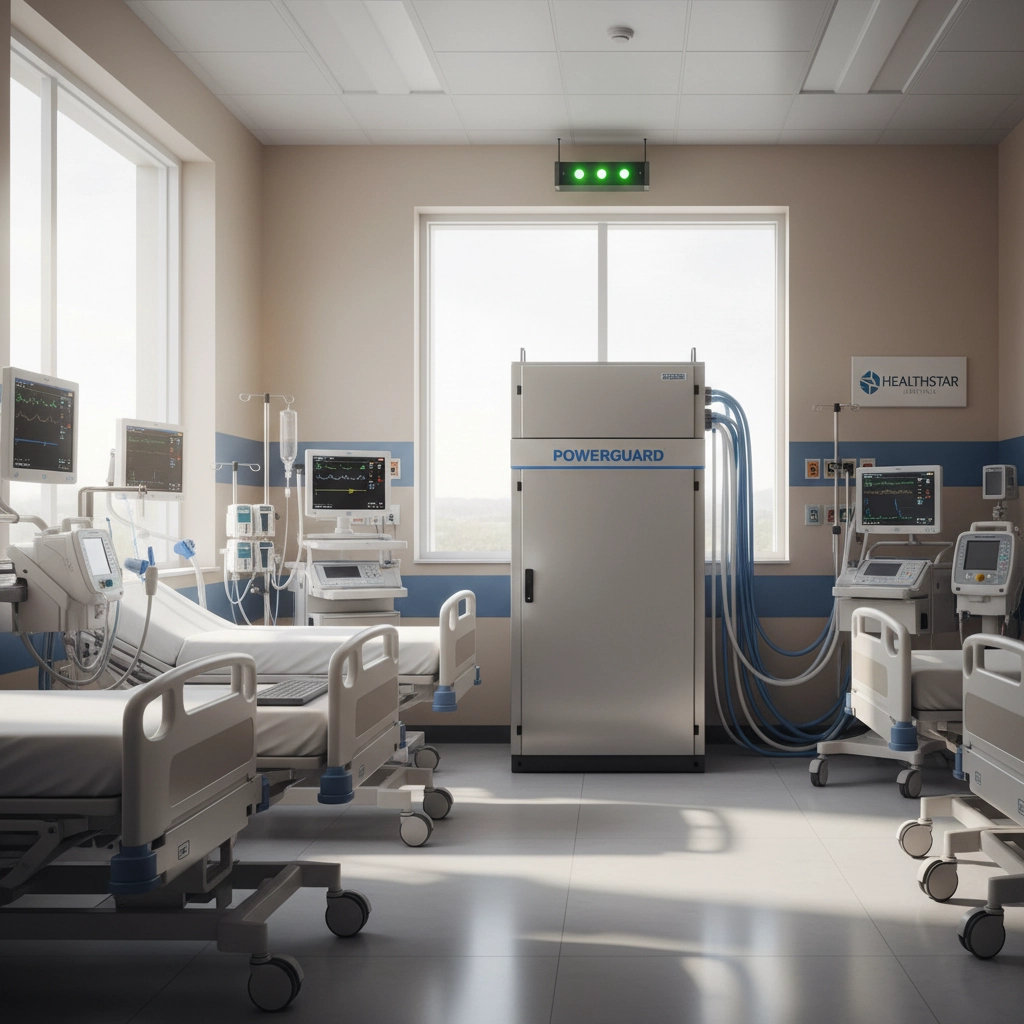
Real-World Applications
Solar-ready UPS systems aren't just theoretical. They're being deployed across various industries with impressive results:
Healthcare facilities use them to keep critical medical equipment running during outages while reducing operational costs.
Data centers are implementing hybrid systems to improve uptime while managing energy expenses.
Manufacturing plants rely on them to prevent costly production shutdowns during power quality events.
Remote offices use solar-ready systems to maintain operations in areas with unreliable grid power.
The Technology Is Getting Better Fast
The rapid improvement in battery technology and solar efficiency is driving much of the current excitement. Modern lithium-ion batteries last longer and charge faster than ever before.
Energy conversion efficiency has improved dramatically, meaning you get more usable power from the same solar input. Plus, smart monitoring systems now provide real-time data on system performance and energy usage.
What to Consider Before Making the Switch
Solar-ready UPS systems aren't right for every situation. Here are key factors to evaluate:
Energy usage patterns: These systems work best if you have consistent daytime power needs
Available space: Solar panels require adequate roof or ground space with good sun exposure
Local regulations: Some areas have restrictions on solar installations or grid-tie systems
Budget considerations: Higher upfront costs offset by long-term savings
Maintenance capabilities: These systems require occasional maintenance of both UPS and solar components
Looking Ahead: Why This Trend Has Legs
The convergence of several factors makes solar-ready UPS systems more than just a passing trend:
Rising energy costs make the economic case stronger every year. Climate change concerns are driving regulatory and consumer pressure for cleaner energy solutions. Grid reliability challenges are increasing in many regions due to aging infrastructure and extreme weather.
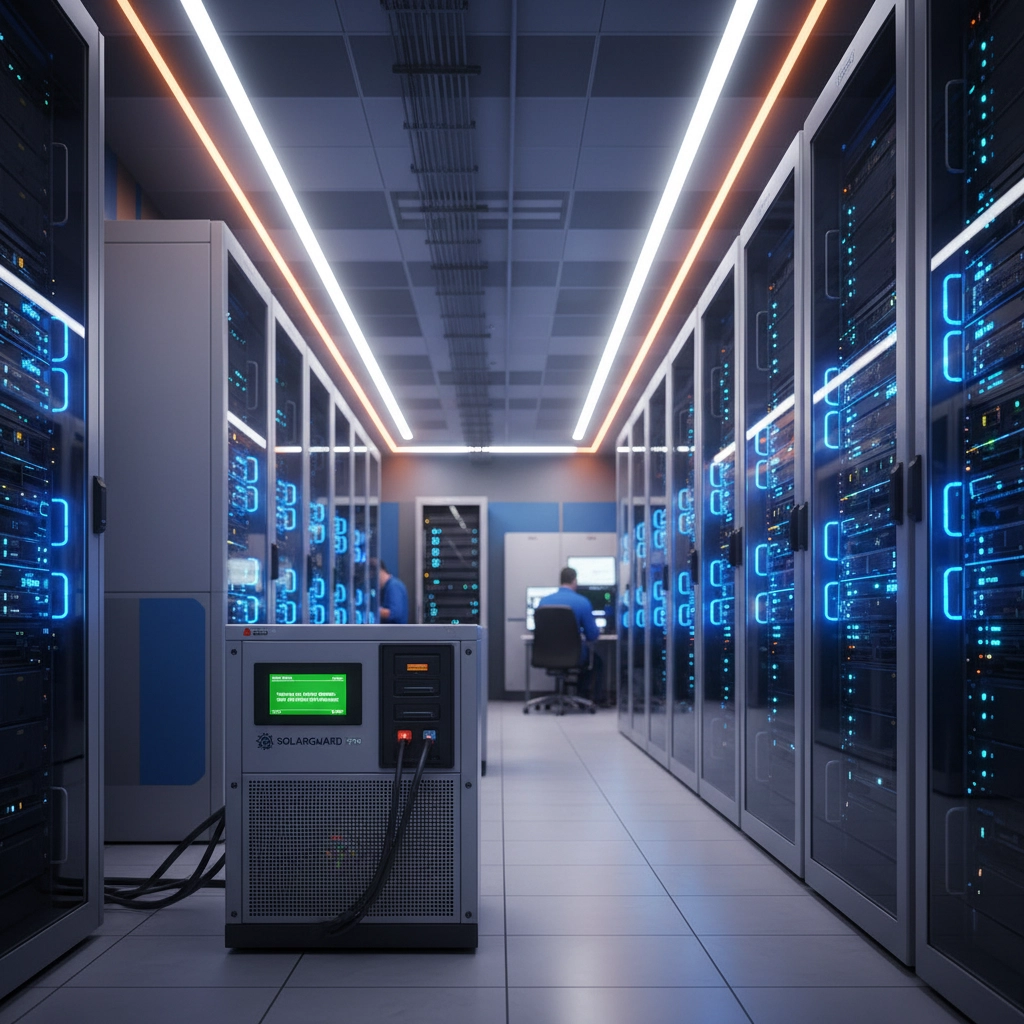
Technology improvements continue to make these systems more efficient and cost-effective. The combination of these factors creates a perfect storm of opportunity for hybrid power protection solutions.
Making the Right Choice for Your Situation
If you're considering a solar-ready UPS system, start by evaluating your current power protection needs and energy costs. Look at your facility's power consumption patterns and available space for solar panels.
Consider working with experienced power protection specialists who understand both UPS technology and solar integration. The complexity of these hybrid systems means professional design and installation are crucial for optimal performance.
Don't forget to factor in available incentives. Many regions offer tax credits or rebates for solar installations that can significantly improve your ROI.
The Bottom Line
Solar-ready UPS systems are gaining attention because they solve multiple problems at once: reducing operating costs, improving reliability, enhancing sustainability, and providing genuine energy independence.
The technology has matured to the point where these systems deliver real value, not just theoretical benefits. As energy costs continue rising and grid challenges increase, the business case for hybrid power protection solutions will only get stronger.
Ready to explore how solar-ready UPS systems could benefit your facility? Contact our team at Ace Real Time Solutions to discuss your specific power protection needs and learn about the latest hybrid solutions available.
The future of backup power is here, and it's powered by the sun. The question isn't whether solar-ready UPS systems will become mainstream: it's whether you'll be ahead of the curve or playing catch-up.
